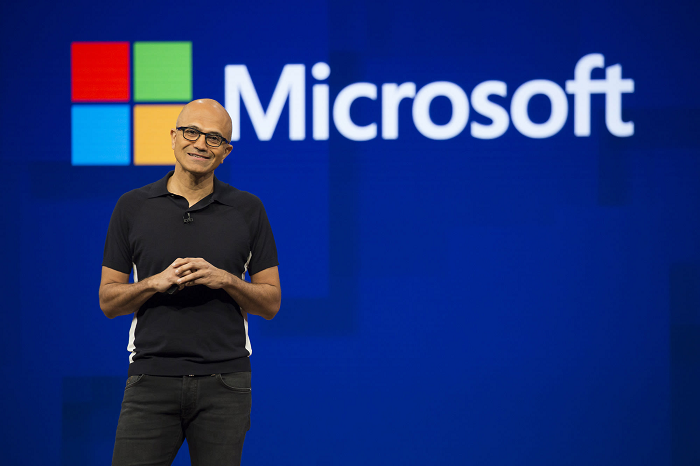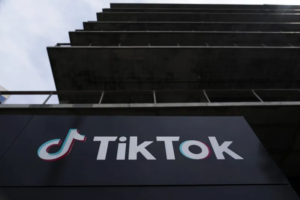
Microsoft’s stock fell 3% in pre-market trading on July 31 following a mixed fiscal year 2024 Q4 earnings report. The company posted $2.95 per share on $64.7 billion in sales, slightly beating analysts’ expectations of $2.94 per share on $64.4 billion in sales. Despite these figures, investor concerns centered on high capital expenditures and slowing growth in the Azure cloud segment.
Azure, Microsoft’s cloud infrastructure business, grew 30% year-over-year in constant currency, just below the expected 31.3% and down from 31% growth in the previous quarter. Microsoft forecasts Azure’s growth to slow further to 28-29% in the current quarter.
Chief Financial Officer Amy Hood highlighted that the company’s significant investments in generative AI, which amounted to $19 billion in capital expenditures for the June quarter alone, are intended for long-term benefits. For the full fiscal year, capital expenditures reached $55.7 billion, up 75% from the previous year. Hood mentioned these investments are expected to be monetized over the next 15 years, contributing to investor uncertainty.
The company’s Intelligent Cloud segment, which includes Azure, performed well overall with a 19% revenue increase to $28.5 billion. The Productivity and Business Processes unit saw an 11% rise in revenue to $20.3 billion, driven by strong sales of Office software, Dynamics, and LinkedIn. The More Personal Computing segment grew 14% to $15.9 billion, including sales from Windows PC software, Xbox, Surface computers, internet search, and advertising.
Despite these growth areas, Microsoft’s forecast for the current quarter’s revenue is between $63.8 billion and $64.8 billion, with the midpoint of $64.3 billion falling below Wall Street’s consensus estimate of $65.1 billion.
In after-hours trading, Microsoft’s stock dropped 3.4% to $408.76, following a 0.9% decline during the regular session, closing at $422.92. The stock has seen a decline from its record high of $468.35 on July 5, amid broader investor rotation out of tech stocks.
Despite current challenges, Microsoft continues to hold a strong market position and is featured on the IBD Long-Term Leaders and Tech Leaders lists, reflecting its potential for sustained long-term growth.






Be First to Comment